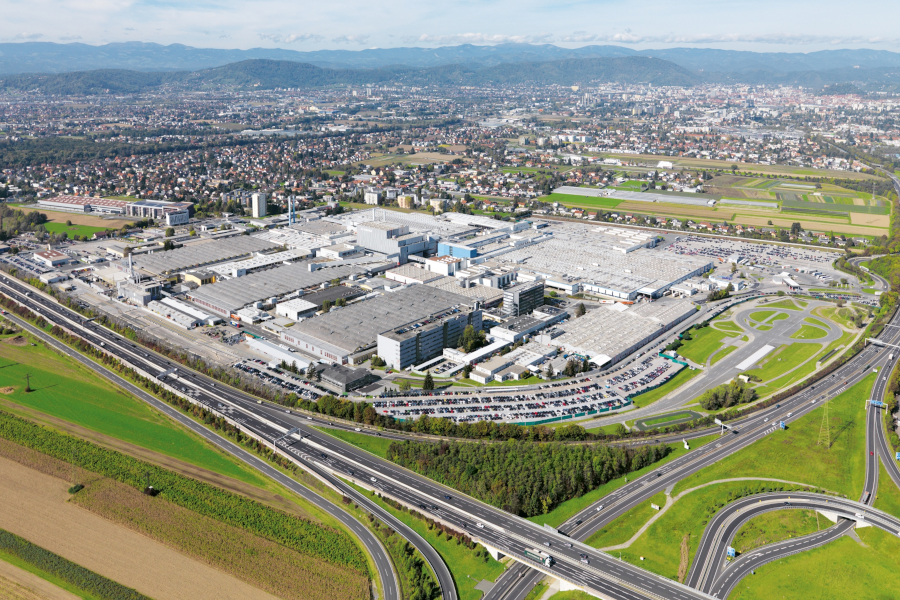Contract car manufacturer Magna Steyr faces uncertain future for its Graz assembly operations following Fisker bankruptcy
Austria is one of the few European countries not immediately associated with the car industry but in reality it has a blue chip pedigree thanks to being the home of contract manufacturer Magna Steyr which in its various guises over the years has brought us vehicles as diverse as the Mercedes G-Class and M-Class, VW Transporter T3 Syncro, Saab 9-3 convertible and BMW X3. It’s also been the European production site for US models including the Jeep Grand Cherokee, Chrysler Voyager, 300C and PT Cruiser, along with the glorious Bitter SC.
Having started in car making with licence-built Fiats including the Steyr 500, the firm – which combined the Steyr and Puch marques – developed the Haflinger and Pinzgauer, giving it a specialism in all-wheel drive. This explains its role in co-developing the Mercedes G-Wagen, the Fiat Panda 4×4 and Mercedes’ ‘4Matic’ transmission as well as providing contract manufacturing services for car makers, eventually becoming part of Canadian giant Magna International in 2001.
Most recently the contract manufacturing business at Magna’s Graz plant has taken some big blows: first the collapse of Fisker, for which the firm developed and produced the Ocean EV and then the decision by JLR to cease production of the Jaguar E-Pace and I-Pace, both assembled there.
This leaves only the BMW Z4 and its Toyota Supra twin, plus of course the long-serving G-Wagen in production at the Graz facility which impacts its viability significantly – the more so since payment for the Fisker work was provided partly by equity in the failed US brand.
Industry watchers point out that the future is bleak for the contract assembly business as the European automotive industry in general suffers from excess capacity, not helped by increasing imports from China, all of which means the demand is unlikely to return in the short term.
There is a brighter note however, which ironically comes from those Chinese brands, many of which are rushing to establish local manufacture in Europe. This could well offset the potential 450 job losses and the $400m lost revenue from the Fisker contract.





